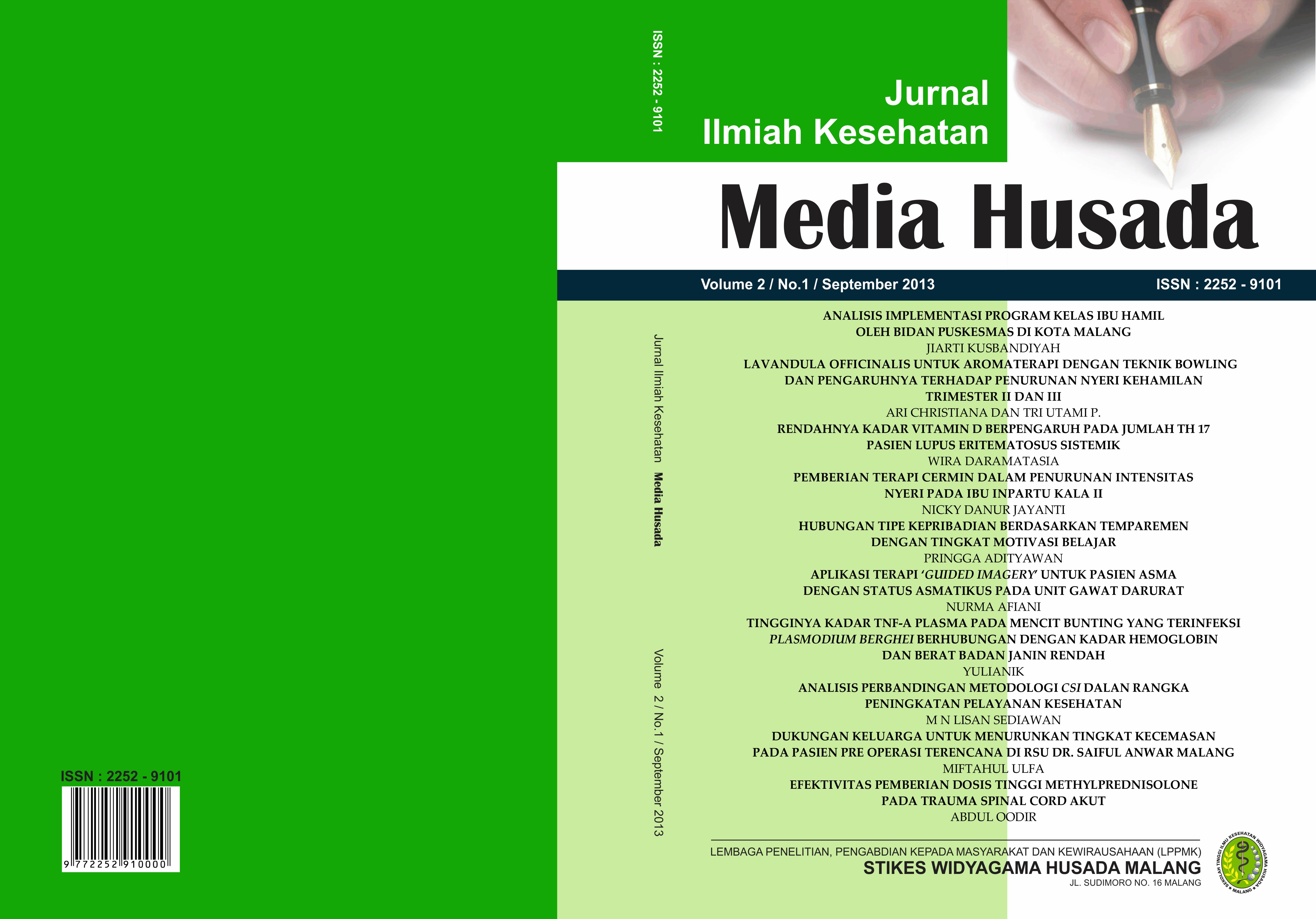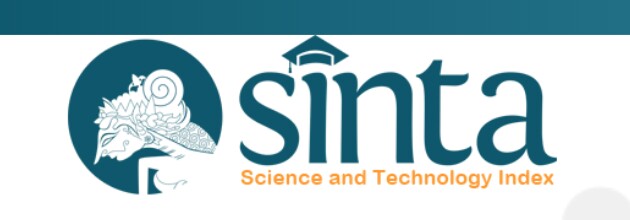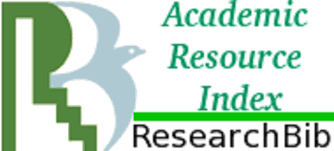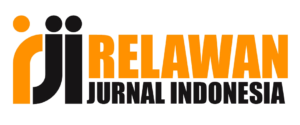RENDAHNYA KADAR VITAMIN D BERPENGARUH PADA JUMLAH TH 17 PASIEN LUPUS ERITEMATOSUS SISTEMIK
Abstract
Systemic Lupus Erythematosus (SLE) is an autoimmune disease that is more frequently found with a high mortality rate . Aetiopathogenesis of the disease is unclear, although it has been demonstrated abnormalities of various immune cells including T cell hyperreactivity, B cells , dendritic cells , and decreased function of regulatory T cells (Treg). Vitamin D has a role in the immune system regulation, but in patients with SLE is still a lot of controversy. This study aims at funding out the correlation of vitamin D level with the percentage amount of Th17 cells in patients with SLE. Observation Laboratory in the form of a cross -sectional study with blood sampling SLE patients and healthy control in RSSA . Of the total 48 SLE patients and 23 healthy controls , this study compared the amount (percentage) of Th17 cells by looking at level of vitamin D. SLE patient's vitamin D level was measured by ELISA method , the amount of the percentage of Th17 cells (CD4+, IL17+) was measured by using a BD FACSCalibur flowcytometri method. The mean levels of vitamin D of SLE patients compared to healthy controls differed significantly (p = 0.00). There are significant differences in the number of Th17 percentage (p = 0.04), and Tukey test results between the control group of SLE patients with hypovitamin D (p = 0.03) . There is no correlation between vitamin D status with Th 17 cells (P = 0.22 and r= -0,33). Conclusion, It is concluded that 1,25(OH)2D3 affects the cell life cycle stages . This effect could contribute substantially to reduce the activation of T cells in inducing Th cell development 17 . therefore by providing therapy vitamin D (analog 1,25 (OH) 2D3) can modulate the treatment of autoimmune diseases , particularly SLE patient

The authors who publish their articles in Jurnal Ilmiah Kesehatan Media Husada must approve the copyright statement as follows :
1. The authors agree to automatic transfer of the copyright to the publisher
2. All material contained in this site is protected by law.
3. If you find one or more articles contained in the journal that violate or potentially infringe your copyright, please contact us via email lppmkwidyagamahusada@ac.id
4. The formal legal aspect of access to any information and articles contained in this journal site refers to the terms of the licensed under a Creative Commons Attribution 4.0 International License. . This allows authors and others to share (copy and redistribute the material in any medium or fomat) and adapt (remix, transform, and build upon the material) for non-commercial purposes.
4. All Information contained in the journal is academic. The journal is not liable for any losses incurred by misuse of information from this site.






1.png)








